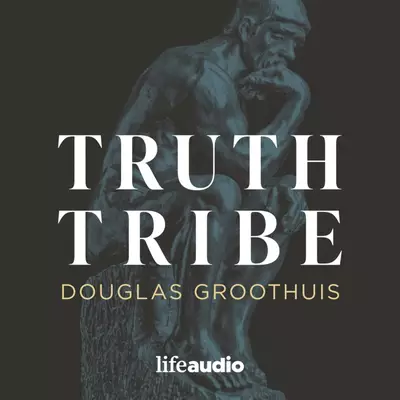4 Questions Students Must Ask to Avoid Writing Fluff
What is Fluff?
Not only was the Teacher wise, but he also imparted knowledge to the people. He pondered and searched out and set in order many proverbs. The Teacher searched to find just the right words, and what he wrote was upright and true. (Ecclesiastes 12:9-10, NIV).
Harry Frankfurt in On BS:
The BS-er…is neither on the side of the true nor on the side of the false. His eye is not on the facts at all, as the eyes of the honest man and of the liar are, except insofar as they may be pertinent to his interest in getting away with what he says. He does not care whether the things he says describe reality correctly. He just picks them out, or makes them up, to suit his purpose.[1]
Fluff is whatever is extraneous, superfluous, or unseemly. Fluff is the opposite of the substantial or the fundamental. Physical fluff is never desired and easily floats away. No one wants it, unless it is in a pillow, perhaps.
Some students pad their papers in order to meet word requirements. Such padding is always fluff and may involve going down rabbit trails unrelated to the thesis of the writing.
Much fluff today is autobiographical, and there are far too many memoirs.[2] Entire books may be autobiographical fluff, such as the egregious Blue Like Jazz by Donald Miller and myriad others.[3] Contemporary writers often cannot resist talking about themselves even when it is irrelevant to the point they should be making. One of the great principles of the classic writing guide, Elements of Style, is to keep yourself in the background. This is what Strunk and White write:
Write in a way that draws the reader’s attention to the sense and substance of the writing, rather than to the mood and temper of the author. If the writing is solid and good, the mood and temper of the writer will eventually be revealed and not at the expense of the work. Therefore, the first piece of advice is this: to achieve style, begin by affecting none—that is, place yourself in the background.[4]
Exhibitionism is one of the great sins and blind spots of our age. Consider Victor Frankl’s comments about why he reluctantly decided not to anonymously publish his classic book, Man’s Search for Meaning:
"I had intended to write this book anonymously, using my prison number only. But when the manuscript was completed, I saw that as an anonymous publication, it would lose half its value and that I must have the courage to state my convictions openly. I therefore refrained from deleting any of the passages, in spite of an intense dislike of exhibitionism."[5]
Fluff may also be unseemly, which may or may not include gratuitous personal references. The unseemly is what is inappropriate—the lude, crude, or rude. What Paul applies to speech should be applied to writing. “Do not let any unwholesome talk come out of your mouths, but only what is helpful for building others up according to their needs, that it may benefit those who listen” (Ephesians 4:29).
To tighten it up: Fluff is what is unnecessary in a piece of writing, either due to BS, redundancy, exhibitionism, or literary boorishness. Fluff can be avoided by removing unnecessary content, by keeping yourself in the background, and by being polite. To avoid fluff, ask yourself these questions:
- Am I aiming at objective truth?
- Have I written more than is needed?
- Have I said too much about myself?
- Have I been off-putting or offensive to my reader?
[1] Frankfurt, Harry G. On Bullshit (p. 56). Princeton University Press. Kindle Edition.
[2] I wrote a memoir, which I attempted to justify in the first chapter. Douglas Groothuis, “Introduction,” Walking Through Twilight: A Wife’s Illness—A Philosopher’s Lament (Downers Grove, IL: InterVarsity, 2017).
[3] Donald Miller, Blue Like Jazz (New York: Harper Horizon, 2003). The first paragraph of page 103 is the most absurd and egregious collection of falsehoods I have encountered.
[4] Strunk JR., William; White, E.B. The Elements of Style, Fourth Edition. Pandora's Box. Kindle Edition.
[5] Frankl, Viktor E. Man's Search for Meaning (pp. 6-7). Beacon Press. Kindle Edition.
Discover more Christian podcasts at lifeaudio.com and inquire about advertising opportunities at lifeaudio.com/contact-us.

Website: https://www.DouglasGroothuis.com
